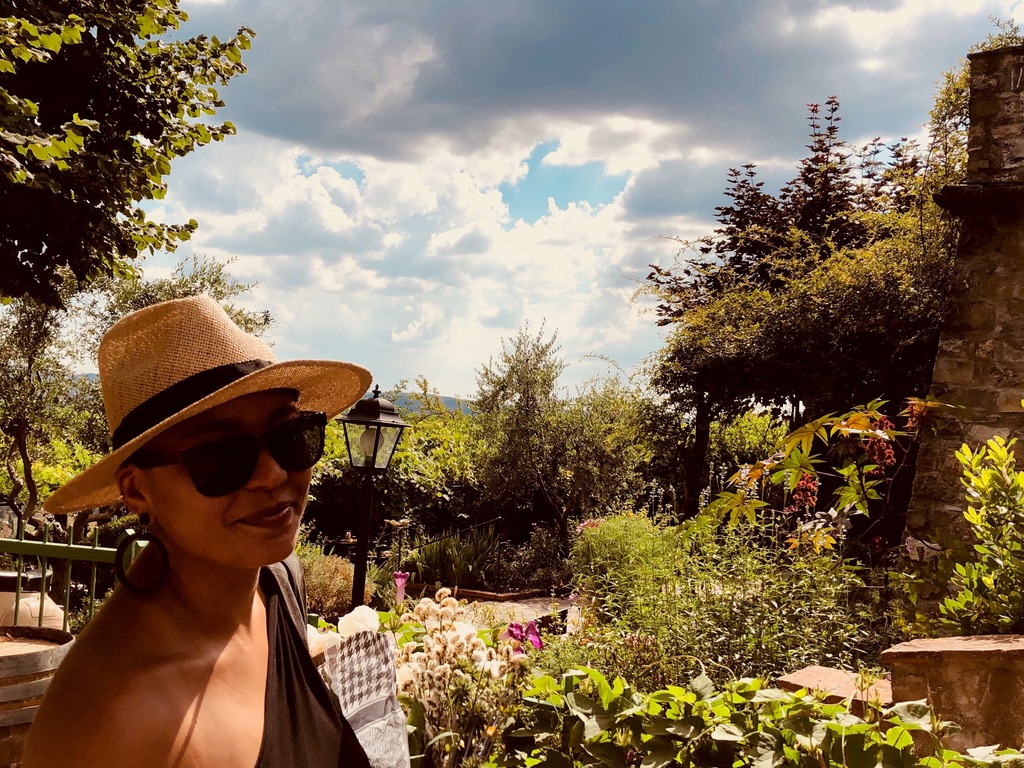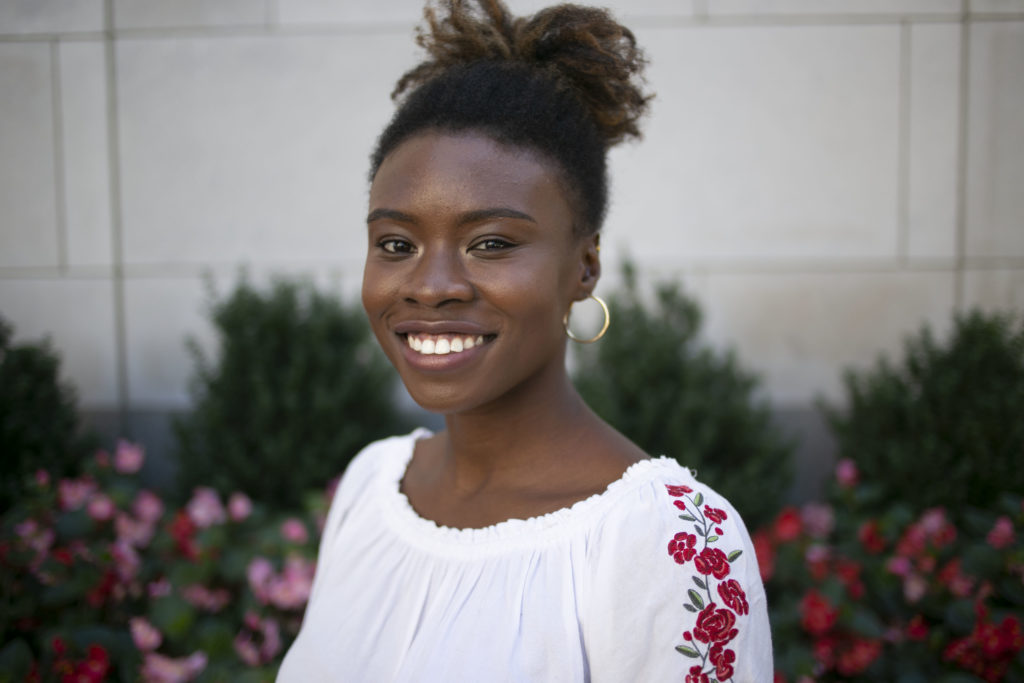
“As advocates for public health, I ask us to bring a question to the forefront: at whose cost do we battle public policy? We must consider that when we ask the most marginalized to testify or call powers to task, it may come at a major cost to them. Legislators often are at significant odds with the individuals whose identities are politicized. The outcome of testimony must be weighed against the burden on those whose backs carry the load.”
Hadija Steen Mills [they|she] is a queer, mixed-Black parent of twins, who was born and raised on Dakota land commonly known as Minneapolis. They received a Bachelor’s in Science from the University of Minnesota in sexual health with a focus on reproductive justice and health disparities. Hadija is passionate about the creation of a world free of inequities and advocates for autonomy for the most systematically oppressed.
Hadija is the founder of the Healthcare Reparations Cooperative that pushes for unifying, creative, and anti-oppressive approaches to a new world where community care elicits health and healing. She has worked as a sexuality educator in the Twin Cities and rural South and has extensive experience incorporating trauma-informed practices into her work.
They are currently earning their Masters of Public Health in Maternal and Child Health at the University of Minnesota-Twin Cities, and are a 2021 Black Seed Fellow.
I have a personalized degree, from the University of Minnesota, in human sexuality focused on reproductive justice and health disparities. I have had the pleasure of being a sex educator for over five years and have worked both in the Twin Cities and rural Georgia. My experience means I have heard fourth-graders giggle as they sit through their first puberty lesson, I have celebrated trans youth as they named their pronouns, I have held the trauma of sexual assault disclosures, and accompanied survivers as they thrived. To be a sex educator and public health professional is to witness the beauty and power of humanity. My work as a sexuality educator and now as a Master of Public Health Student has allowed me to identify a theme of battling the inequities that foster unfair health outcomes.
In February 2021, I was asked to testify as the content expert supporting MN HF 358, a comprehensive sexuality education bill to uplift the voices of marginalized youth who experience an undue burden of STIs, sexual violence, and unplanned pregnancies. This bill was authored by Representative Sydney Jordan of District 60A, whose district is adjacent to the University of Minnesota Twin Cities Campus that I now attend.
I gave my first testimony to the Education Policy Committee on February 10th. Other testifiers included: the MN Coalition Against Sexual Assault, the University of Minnesota’s Prevention Research Center, the Minnesota Department of Education, Advocates for Youth, and other sexual health champions. Their testimonies were beautiful and moving. It was encouraging to see fellow defenders of public health supporting youth across Minnesota in having access to sexual health information that is affirming, culturally relevant, and medically accurate. I gave my second testimony on February 24th for the Health Finance and Policy Committee. Again joined by champions for change, this would be the end of the journey for HF 358 for this legislative session. Opponents to the bill used islamophobia, homophobia, transphobia, and other forms of hate as misguided weapons. My teaching was called into question through a stream of what-if questions with no basis on the reality of what happens in sex-ed class. However, my training on answering student questions was an incredibly powerful tool in navigating the barrage of misled inquiry.
I was naive about the etiquette of politics. Even knowing the bill’s controversial content, my willful excitement to engage, represent, and uplift youth voices did not prepare me for testifying. Amidst the pandemic, session hearings were held on a virtual platform. I surrounded myself in all the comforts a virtual testimony could afford: tea, bubbly water, candles, and the privileges of having a private office away from my twin toddlers. I was warned that it could get intense and was coached on my testimony, but my queer, mixed-Black, non-Western name became a bullseye for personal critique. The issue at hand became me, Hadija, and not the bill. Focusing on me was allowed on my State House floor because of the systematic abuse deemed socially acceptable. If it was not me advocating for this bill, it would have been the next person deemed powerless by white-supremacies hierarchical standards.
I have done my civic duty and represented sexuality educators to the best of my ability. Our training to defend the vulnerable, advocate for the ostracized, celebrate humanity, and couch it all in facts, are the superpowers of the sex educator and was my armor. I am proud of my engagement and feel more prepared for the next time.
As I review my experience in public health policy, I call my fellow students and public health advocates. A new school year is upon us. Breathe. Give yourself grace. We work in a politicized field and landscape that can leave the practitioner personally attacked. The elasticity of the human spirit has been stretched exponentially thin over the last several years. Public health is entering a new era, and our hardiness is being tested. Center yourself and go forward with kindness for others and also for yourself.


